Tsai Li-chu recalls being a young mother on Taiwan’s Kinmen Island, when the shelling would start around 7pm most nights, launched from the People’s Republic of China just a few miles over the sea. “I remember having to run to the shelter with the kids, carrying the baby,” says Tsai, now a retired teacher in her 70s.
The bombardments – predominantly shells filled with propaganda leaflets – stopped only when the US government formally recognised communist China and cut ties with Taiwan in the late 1970s. But the hostilities never really went away. Today relations are at their worst point in decades, with Chinese threats to take control of Taiwan growing more realistic. Kinmen, or Quemoy, a tiny archipelago nearly 200 miles from Taipei but just three miles from the Chinese city of Xiamen, sits on the frontline.
Guardian graphic
The Chinese Communist party has never ruled Taiwan but nevertheless considers it to be a part of China. Beijing, driven by President Xi Jinping, wants unification without war, although it is prepared to use force if required. The Taiwanese government, meanwhile, seeks continuation of the precarious status quo: self-governing without the threat of invasion. The positions are irreconcilable.
Amid rising US support for Taiwan under Donald Trump, which the new president, Joe Biden, has said will continue, Beijing has responded with bellicose rhetoric and increased military activity. Last year, China’s People’s Liberation Army increased drills and flights into Taiwan’s air defence zone, crossing the median line for the first time in two decades in August. It has hugely ramped up aggressive and illegal sand dredging operations. On consecutive days in January more than a dozen PLA planes buzzed towards Taiwan, a message to the newly inaugurated Biden. Taiwan’s air force scrambled, and for days the roar of jets punctured Tainan City’s hazy skies.
Beijing warned: “Those who play with fire will burn themselves, and ‘Taiwan independence’ means war.”
In a speech this month, Taiwan’s president, Tsai Ing-wen, said the issue had risen from a bilateral matter to a concern of “the Indo-Pacific region, or even the global focus”.
Some analysts think an attack is imminent, depending on the domestic political needs of Xi, who has made taking Taiwan essential to his legacy. Drew Thompson, a former US defence department official responsible for managing bilateral relations with China and Taiwan, foresees a confluence of events in which Xi is forced to bargain with internal party figures to seek a third term, including some factions he has hobbled and which may be looking for leverage.
“Taiwan is probably the best tool to do that – by either forcing him to take an incredibly big gamble to use force to unify Taiwan, or make it a condition of his third term,” said Thompson. “You can see Taiwan becoming a pawn in a high-stakes existential tug of war for Xi Jinping.”
Others say that prospect is a decade or more away and highly dependent on the US, or suggest that “grey zone” activities – combat-adjacent tactics such as the dredging, which don’t quite cross the line into confrontation – are the current concern.
“The PLA does not have the capabilities to take Taiwan and deter the US from interfering in the process at the moment,” said Prof Steve Tsang, director of the Soas China Institute in London. “A successful military takeover of Taiwan will require both, and China is probably a decade or a bit longer from building up sufficient capabilities to feel it can confidently do so.”
What happens specifically to Kinmen is harder to predict. Some observers see it as a potential tripwire, testing the US, which has signalled – but never promised – that it would provide military assistance in the event of a Chinese attack.
Tsang says taking Kinmen alone would weaken Beijing’s claim that Taiwan was “the unfinished business of the Chinese civil war”, and so it is likely to be safe until Beijing decides to take it all. Thompson predicts that Kinmen will fall early. “I can’t say whether that triggers a US intervention … but attacking Kinmen certainly makes the PRC’s intentions clear.”
A drive across the main island takes a little over half an hour, through modern townships, farmland and villages, past windswept lakes and beaches withgranite cliffs and decaying bunkers. Stone Fujian houses with swallowtail roofs neighbour modern tiled homes and traditional temples, guarded by wind lion gods.
For centuries Kinmen has seen conflicts with forces on the other side, and was kept under brutal martial law for years longer than the rest of Taiwan. Remnants of its wartime past abound, either as crumbling relics or attractions for tourists – 40% of whom come from the mainland. Barnacle-encrusted anti-tank spikes line the beach at Lake Ci, where an old fort is now a military museum complete with decommissioned tanks and a rooftop cafe where visitors can sip milk tea and look across to China.
Kinmen’s ties with the mainland stretch back to the Ming and Qing dynasties, and it enjoys economic and cultural exchanges, including drinking water provided by China. “You can’t understand the current situation without knowing the history,” says Chen Kuo-li, a retired soldier. “Many Kinmenese people have family members in China. Politically we don’t have choices, but personally we want continued exchanges and connection.”
Tsai wants to keep the status quo, but is distressed that the direction of political travel is “cutting all the connection and means of exchange with China”.
For some born into martial law and war, risking a return to conflict and its associated poverty is unthinkable. To them, peace is the absence of war, whether under Communist party rule or not, and independence would damage their shared existence with China and hinder hopes for development and prosperity.
Sitting in the century-old courtyard of the house where he was born, Chen acknowledged his decades in the military had instilled in him a particular ideology, but said that it was the young people who were indoctrinated, chasing unrealistic goals of independence.
“The younger generation has never gone through wartime, through martial law, so they aren’t aware of the sufferings you can endure,” he said. “They are like plants in a greenhouse and they don’t know what storms look like. As a result they don’t really cherish peace enough.”
For younger people who were born into democracy, being forced to live without it could never be peace. “Because we grew up in a peaceful life, without worries of food and school, and we can hear different views, we are afraid of losing freedom,” said Wu Wei-kuo, an aide to county councillor Tung Sen-po. “We already have a comfortable life, and freedom gave us this life.”
Also, it is not exactly peaceful now. “In my opinion, the war is always there – it was hot, then cold, now maybe trading or psychological,” said Tung. “The older generation doesn’t think a cold war is war, so now is peace.”
In the old street of Sha Mei, a shop owner in his 60s, who asked not to be named, offered tea as his three-year-old grandson ran laps around us. Peaceful unification, or at least the status quo, was the best way forward, he said.
“You live your life, I live mine. I don’t feel much about the threat – we are normal people, it’s out of our control … Unification is a matter of time.”










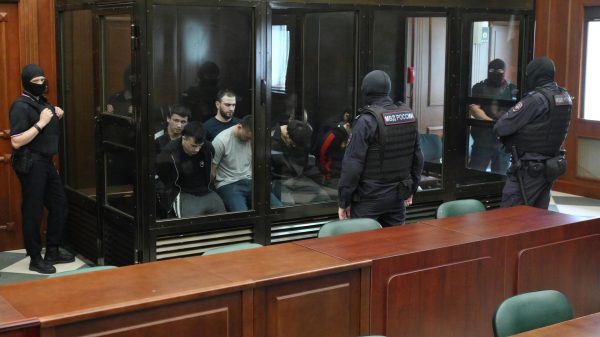







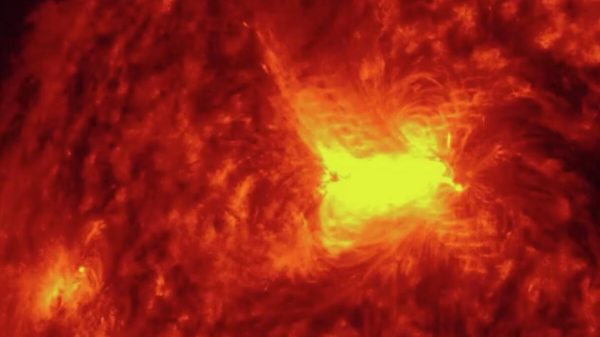

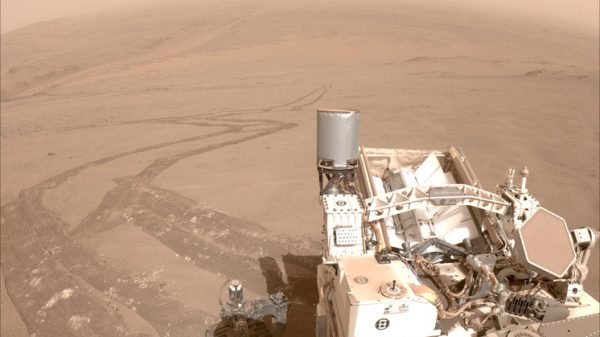











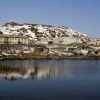
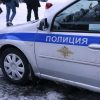

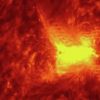
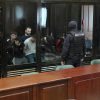
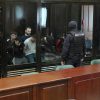

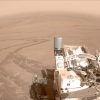















Свежие комментарии